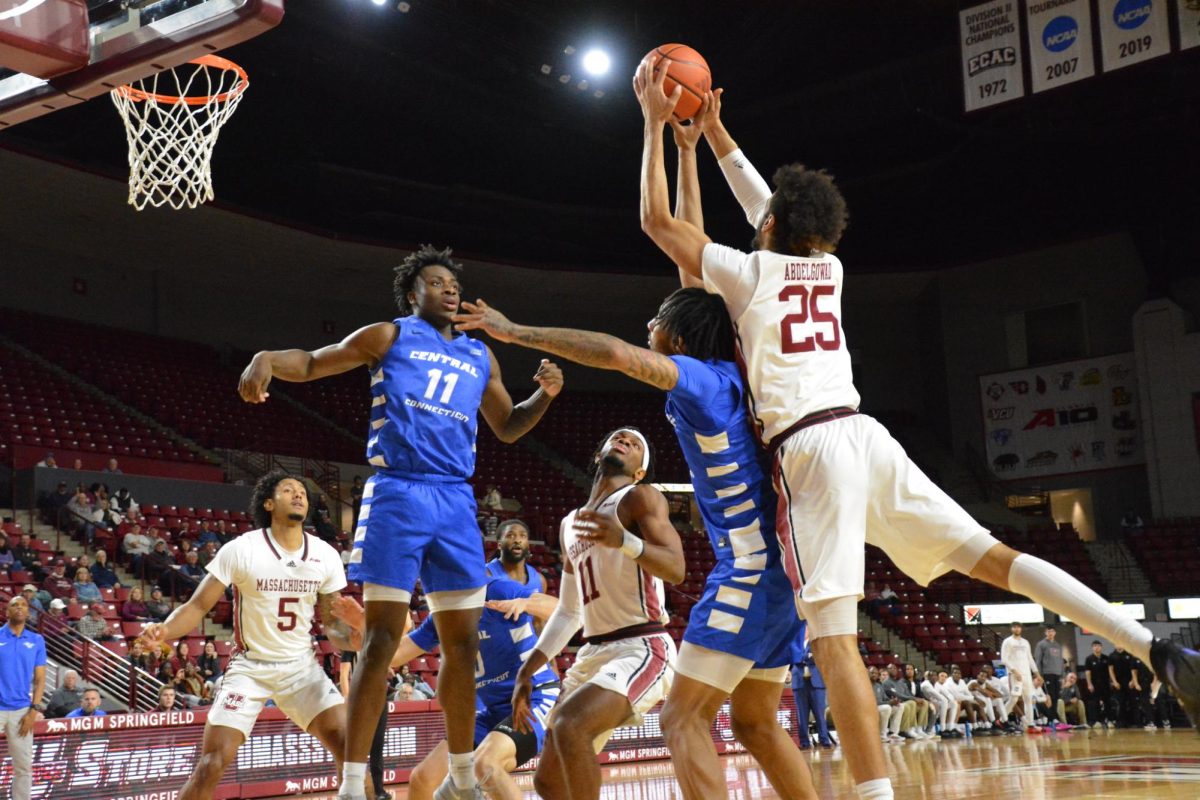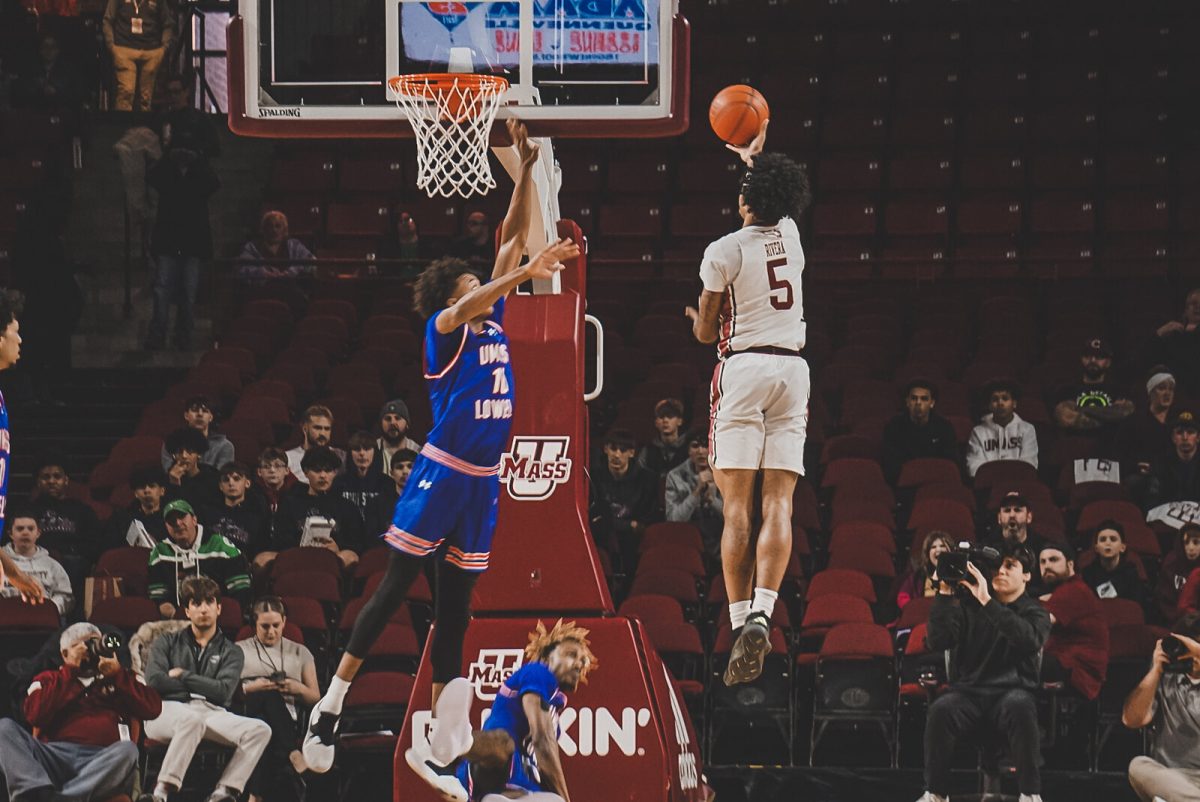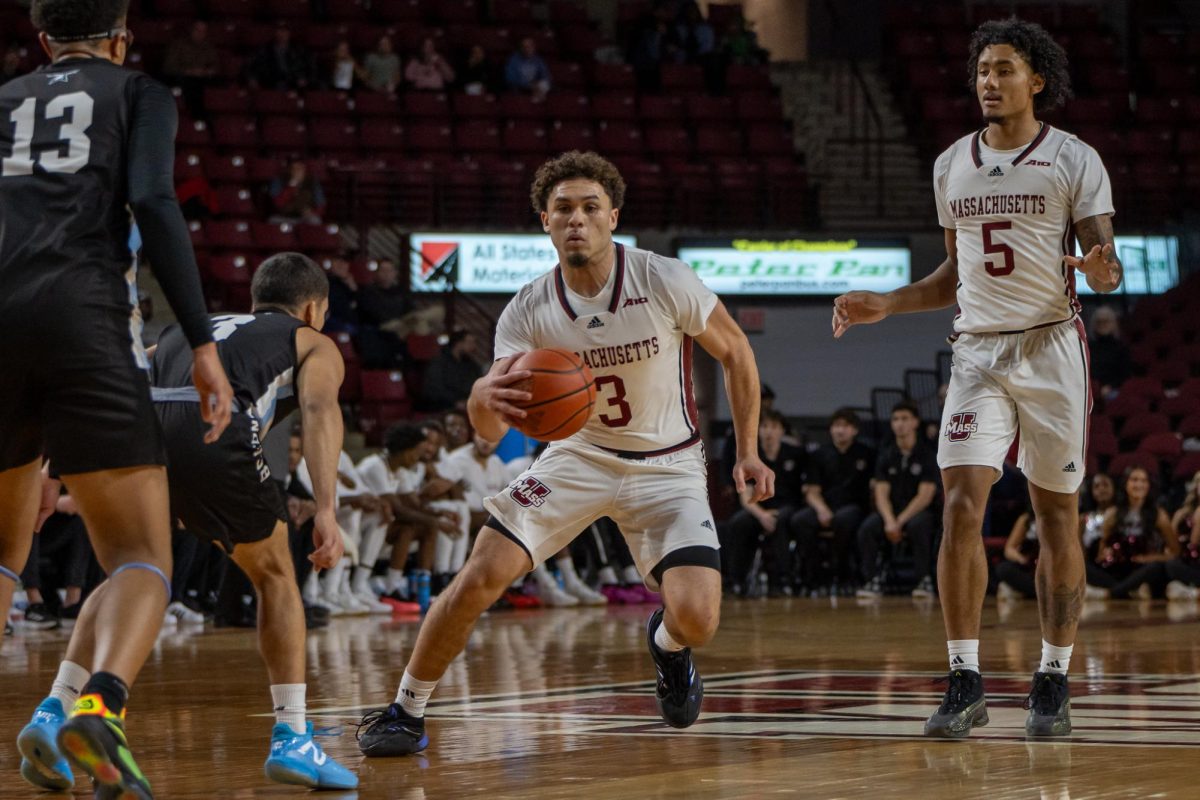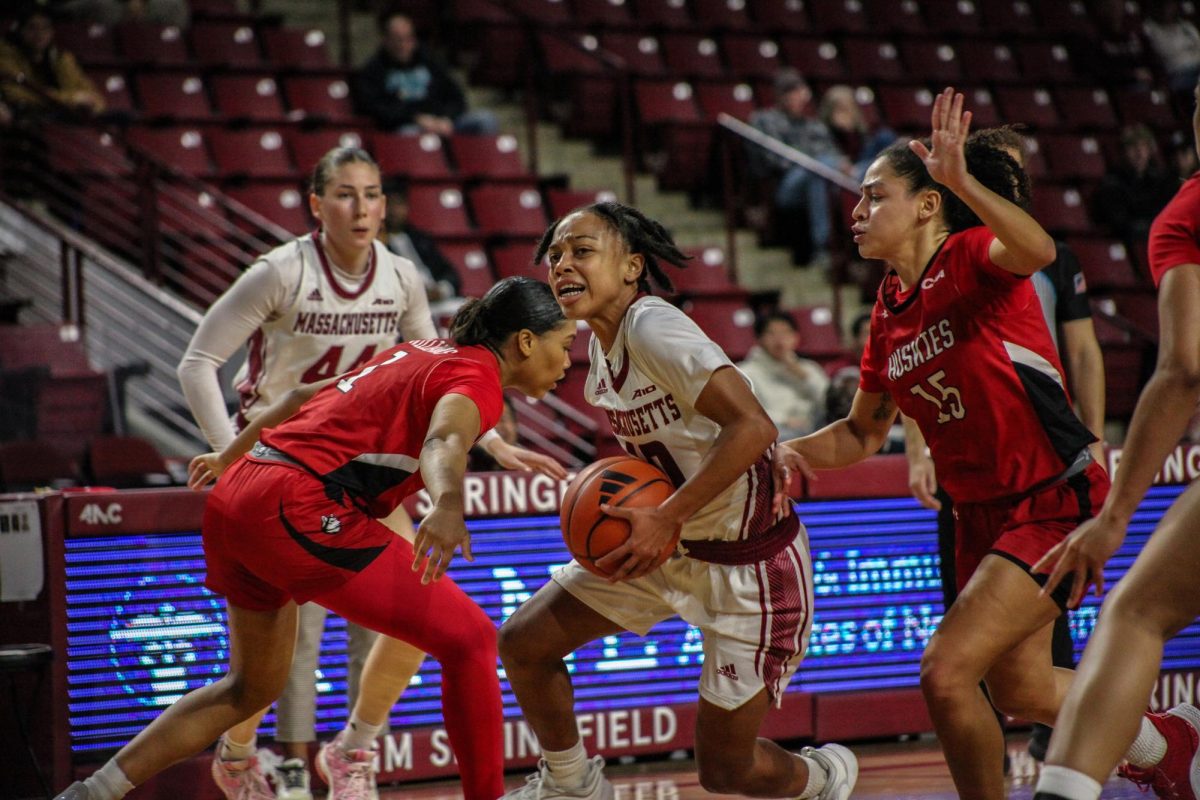As the University swings back into its normal routine after the terror of September 11, concerns about new forms of terrorism continue to linger in the background of the national consciousness. Foremost among these new concerns: the threat of germ warfare, or bioterrorism.
At least half a dozen cases of anthrax, a bacteria that may be deadly if inhaled or touched, have been reported in the nation in recent weeks. According to the New York Times, however, the bacteria is difficult to obtain and maintain in living form, making it hard to transmit. Moreover, the bacteria only takes on its deadliest form if inhaled directly into the lungs; it is not communicable between people. Furthermore, public health experts maintain, the disease is highly treatable if caught early.
Still, new cases of the disease seem to develop every week, if not every day, and with the unleashing of anthrax on mail handlers, news agencies, and public figures comes deeper fear of a more deadly, more communicable, and less treatable germ falling into the hands of terrorists.
On campus, students are struggling between worry and composure. Angelica Tringale, a Junior Nursing student, said, “America, in many respects, is not ready for warfare. We may have the military resources, but we are lacking in other areas. As a future health-care professional, I know all too well the huge shortage of medical personnel [in our country today]. If we go to war, where will we get the people to take care of our soldiers? We cannot send nurses, or doctors, to foreign lands and not expect our own nation to suffer dearly for it.”
“What if a nation has diseases that we haven’t even heard of, some humongous bacterial or viral cocktail?” Tringale went on. Still, she added, “I must trust the decisions of others, because I myself do not know what to do.”
“I haven’t watched the news in three weeks,” said Senior English major Jessi Callantropo, echoing the fear expressed by Tringale. On the other hand, Callontropo, who is also an RA in Grayson/Field in Orchard Hill, added, “in the words of my mother, you can really only worry about so much, and then you have to let go of the rest.”
Callantropo said that the cluster office in Field/Grayson, as well as the admissions office, where she is also employed, have issued rubber gloves to those who come in contact with a large amount of incoming mail. She added that she felt that the email and memo sent out by the University last week was well done. “I think that the University has assessed the risk [of bioterrorism] and I think that if they go overboard it can make people unnecessarily upset.”
Asif Sayani, a senior Neurobiology Major and an RA in Field, said he agreed with Callontropo that the University had properly assessed the bioterrorism risk on campus, and said that, “they have really done all they can do for the time being.” He also pointed out that the University has limited resources in its budget that need to be allocated carefully, and said he agreed with Callontropo that the University has a responsibility not to create panic. “To falsely give students a sense of danger won’t ease the condition that students are in right now,” he said.
In the event of a more communicable bioterrorist weapon, he said he felt that the University will respond appropriately. He cited a meningitis scare on campus two years ago, mentioning that in response, the University educated students on the disease and held vaccination clinics. “I don’t have a lot of faith in the University Administration in the way they allocate funding, and things like that,” Sayani said, but in the case of a campus emergency, he remarked, “the University will pretty much do anything to keep from getting bad PR.”
Overall, Sayani said he felt that the best way to counteract bioterrorism is through education and awareness. “We need to get to the root of the problem,” he said, “no matter how much you boost up security, it’s still important to know the motive of the crime.”
“I think that [the recent events] have opened [students’] eyes a little,” Sayani went on. “I think it could be a good learning experience about international relations, to figure out how we could be so blind to let this happen to us.”






